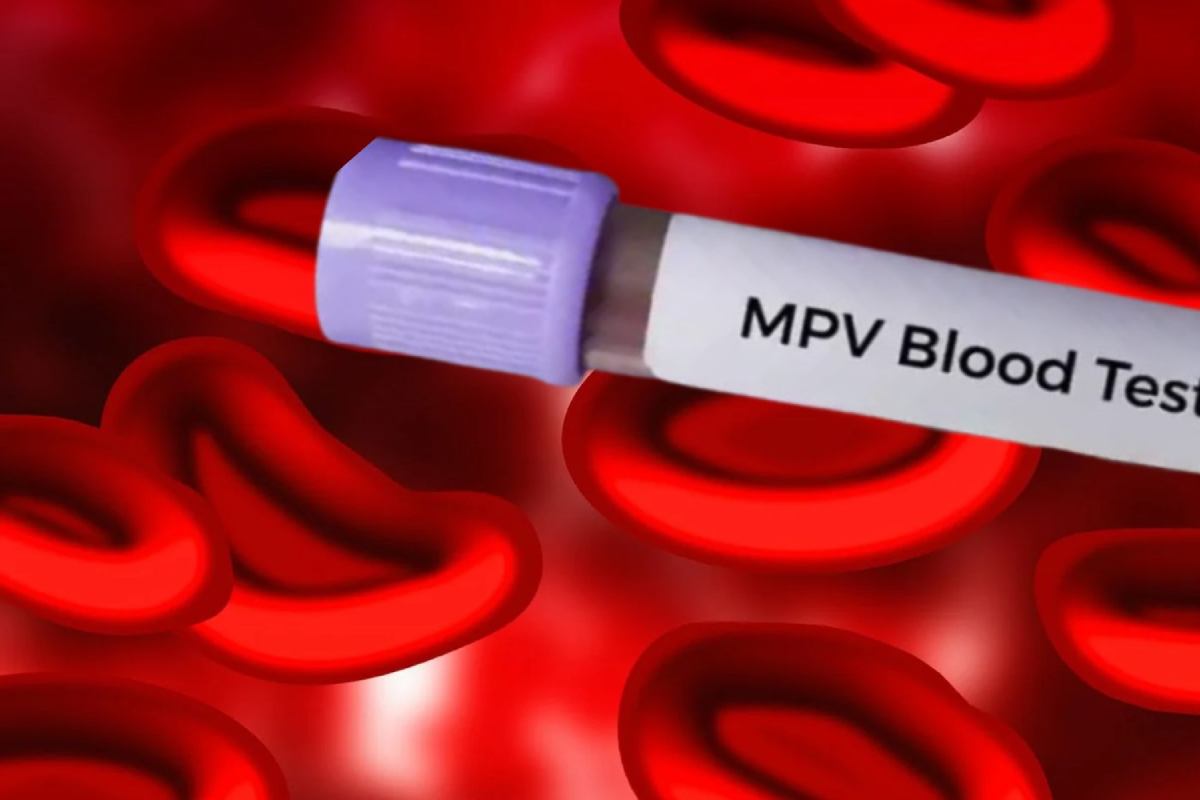An MPV blood test measures the average size of platelets, small blood cells in bone marrow that aid in blood clotting. Abnormal results may indicate a blood disorder or condition affecting the bone marrow. The normal range is 7.5-11.5 fL, with high results indicating increased platelet production.
Table of Contents
When Is An MPV Blood Test Performed?
- Part of a complete blood count (CBC).
- Measures red, white, and platelet count.
- Provides information about platelets.
- Helps investigate conditions like thrombocytopenia and thrombocytosis.
- Requested for unexplained bleeding, bruising, or blood clotting issues.
What Should I Expect During An MPV Blood Test?
- MPV Blood Test Procedure
- Involves placing a tourniquet on patient’s arm.
- Inserts tiny needle into vein.
- Collects blood sample in vial.
- Removes needle and applies gentle pressure.
- Sample sent to lab for testing.
- Process may involve slight sting or prick.
- Results may be sent for further analysis.
What Are The Risks Of An MPV Blood Test?
- Routine procedure in Complete Blood Count (CBC) involving standard blood draw.
- Safe and minimally invasive, with potential risks including mild pain, bruising, bleeding, dizziness, and infection.
- Less common risks include needle site infection and hematoma in rare cases.
- Results obtained from blood sample using lab machine, no radiation, injections, or contrast dyes involved.
- Precautions advised for patients taking blood thinners, having clotting or bleeding disorders, or previous blood draw issues.
- Serious complications are extremely rare.
MPV Blood Test Types
- Routine procedure in Complete Blood Count (CBC).
- Safe and minimally invasive.
- Potential risks: mild pain, bruising, bleeding, dizziness, infection.
- Less common risks: needle site infection and hematoma in rare cases.
- Results obtained from lab machine.
- Precautions advised for patients taking blood thinners, having clotting or bleeding disorders, or previous blood draw problems.
High MPV Blood Test Results
- Indicates larger platelets, indicating increased bone marrow production.
- May be linked to conditions like cancer, diabetes, cardiovascular disease, preeclampsia, Crohn’s disease, hyperthyroidism, immune thrombocytopenia, myeloproliferative disease, vitamin B12, D/folate deficiency, macrothrombocytopenia.
Conclusion
The MPV test measures platelet size without radiation or injections, and is influenced by factors like altitude, pregnancy, menstruation, exercise, and medications. It helps diagnose blood disorders when combined with a complete blood count.

